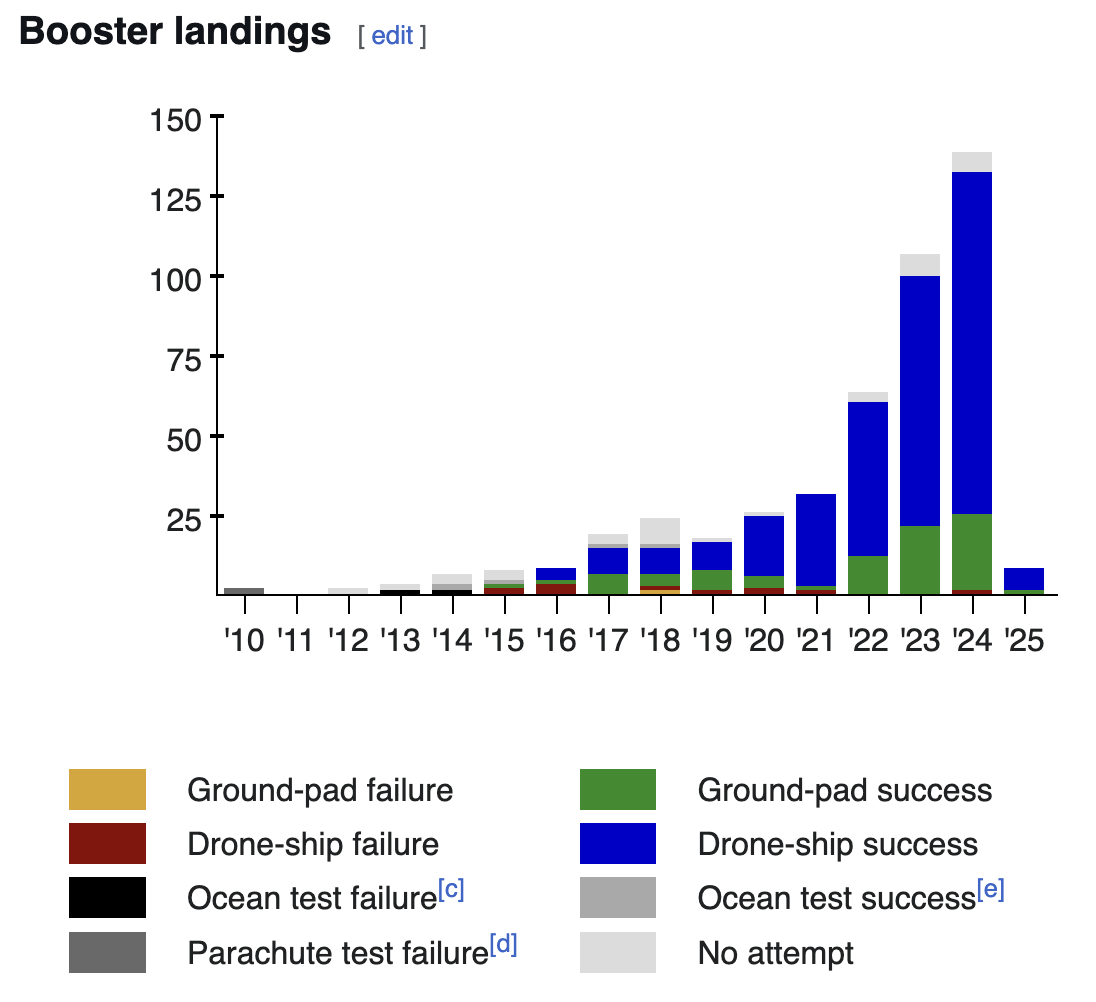The most difficult idea
To wit, the most difficult idea is this:
Things often simultaneously exhibit both positive and negative qualities.
Or, more plainly:
Even though, thing good, thing also often, bad.
This is not at all difficult to understand; every toddler learns that a stove both produces food and hurts you if you touch it. However, their comprehension notwithstanding, it appears impossible for most adults to act in accordance with the idea.
Take, for example, current discourse about Elon Musk. A man at the absolute pinnacle of success, power, and wealth, with the mentality of a status-anxious besieged settler in hostile territory.[1] I reject utterly his behavior and his politics, and cannot help but pity a person whose insecurities drives them to repeated public self-humiliation.[2]
A growing number of people seem to feel similarly, and even Musk's most strident fanboys seem increasingly isolated to the far right fringes. Meanwhile, in online left circles, it is not uncommon to see people reject not just Musk's behavior and politics, but also that he had anything to do with his own success or that of his companies. That is to say, if the successes of SpaceX and Tesla are acknowledged at all.
Let's take SpaceX as our example.[3] Regardless of anything else that SpaceX does, its world-historical success is justified by a single chart:

https://en.wikipedia.org/wiki/List_of_Falcon_9_and_Falcon_Heavy_launches retrieved 2025-01-19
SpaceX has successfully commercialized reusable spaceflight vehicles, a thing believed by most incumbents to be practically impossible until SpaceX did it.
For the sake of argument, let's assume that SpaceX owes its entire existence to government subsidies, and that Musk never made any significant engineering or management contributions to the company.[4] Even then, you are forced to concede that Musk identified the opportunity and summoned the group of people who could take advantage of it. Elon Musk did that, nobody else, and the course of events can only be explained with reference to his good qualities.
In sum, the following things are simultaneously true:
- Elon Musk is one of the greatest entrepreneurs who ever lived.
- Elon Musk is a pathetic reactionary whose insecurities drives him to repeated public self-humiliation.
Even if you hate Musk—especially if you hate Musk—you are best served by taking his full and accurate measure; much in the same way that you benefit from knowing not to touch a stove while cooking on it.
-
In fairness to Elon, there is some truth to this characterization of his position. ↩︎
-
See most recently, his spat with gamer YouTube. ↩︎
-
Cybertruck foibles aside, Tesla—a trillion-dollar company making billions in profits—would serve just as well. ↩︎
-
To be clear, to deny that Musks's personal contributions have anything to do with the success of his companies is tantamount to denying the existence of human agency writ large, but I digress. ↩︎